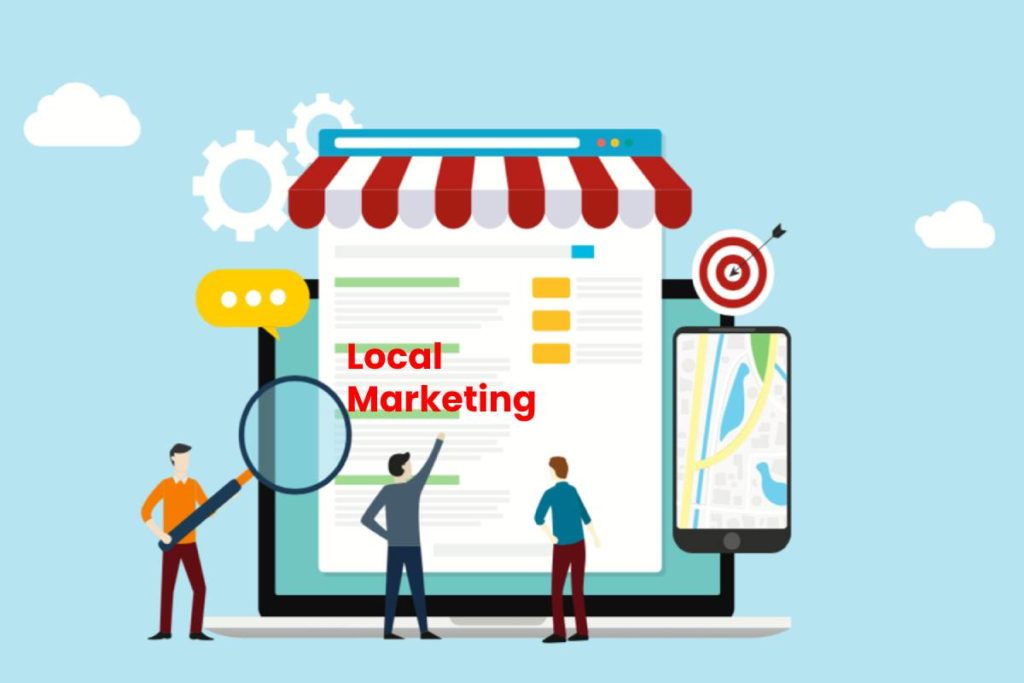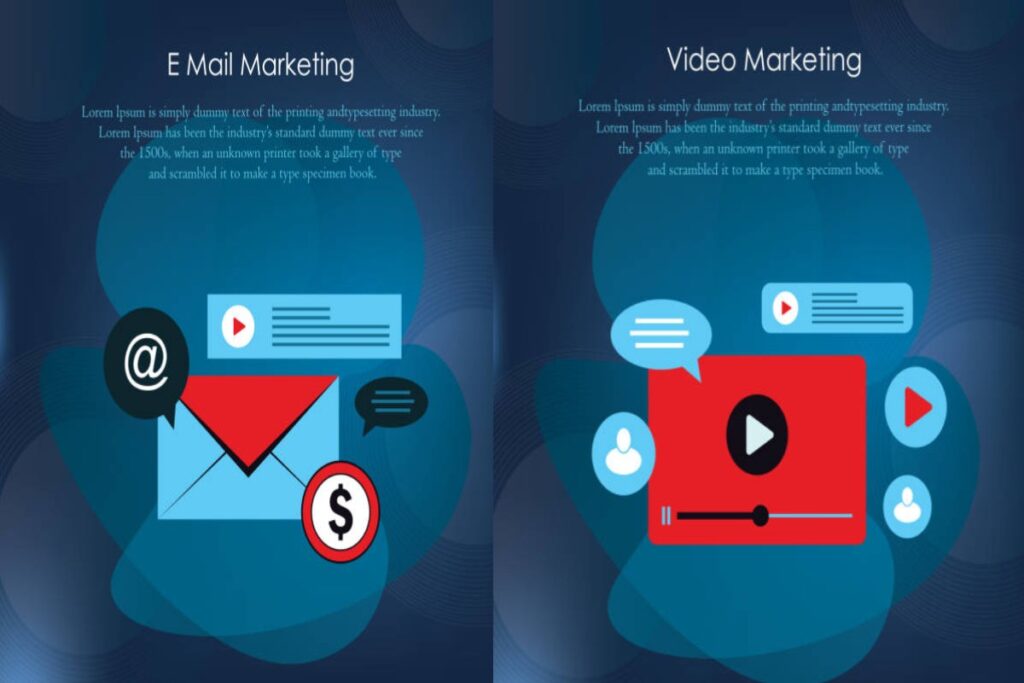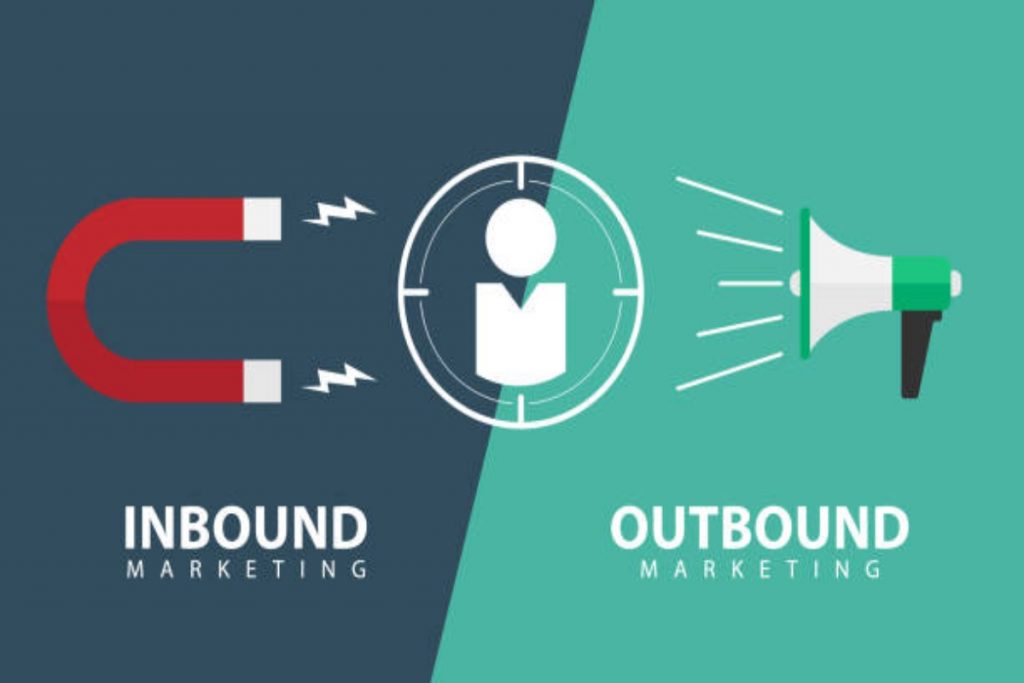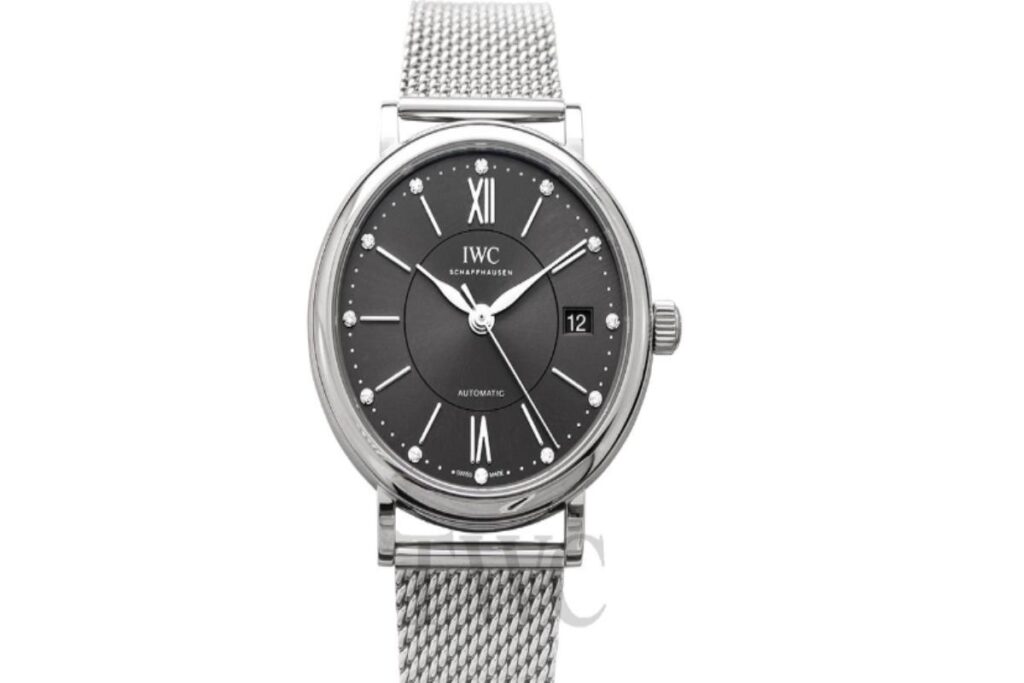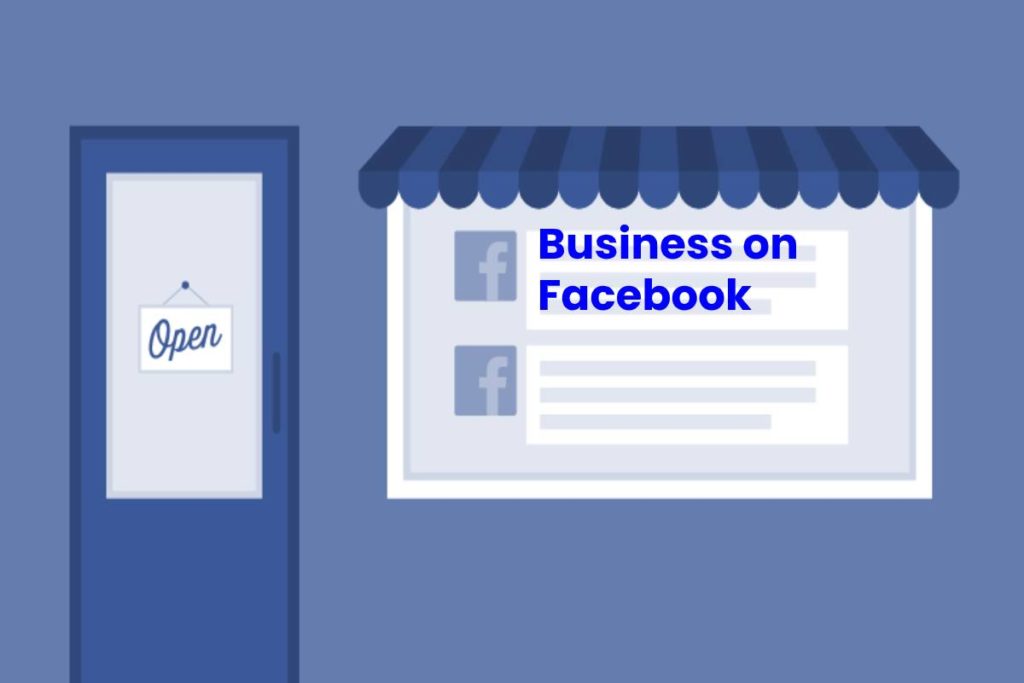
- What are Inbound Links?
- Why do you Need Inbound Links?
- Reason # 1: Search Engine Optimization (SEO)
- Reason # 2: Referral Traffic
- Why are Inbound Links Important?
- 1. Higher Rank in Search Engine Results
- 2. Characteristics of High-Quality Inbound Links
- 3. Increased Traffic
- 4. Increased Brand Awareness
- 5. Creates a Chance for Business Relationships
- What Makes one Inbound Links Better than Another?
- How can I Create my Inbound Links?
- Conclusion
What are Inbound Links?
Inbound links are a link from another website that points to a page on your website. The word “inbound” generally used by the person receiving the link.
Additional Information: https://www.imtechies.com
Why do you Need Inbound Links?

Reason # 1: Search Engine Optimization (SEO)
Websites that receive a lot of inbound links can be prone to higher search engine rankings.
Inbound links are a source of information for search engines when determining the authority of a page.
The additional inbound links a site has, the higher authority the page in question will have and, therefore, the better it will rank in Search Engine Results (SERP) – research results.
However, search engines do not treat all inbound links in the same way, nor is it the only factor they consider when ranking and positioning pages.
Reason # 2: Referral Traffic
If someone sends an inbound link to your website or blog, people who see this link can click through, benefiting you from referral traffic.
The volume of traffic that a website can receive through referral traffic depends, of course, on the number of visits the blog or website has that linked you first.
Why are Inbound Links Important?

Inbound links are undoubtedly an essential part of SEO. Here are the reasons why:
Googlebot navigates from URL to URL by next links, sitemaps, and redirects. Googlebot luxuries every URL as if it’s the primary and only URL it has seen from your place.
1. Higher Rank in Search Engine Results
- Google uses a tilt of factors to rank websites and web page in search engine results.
- Inbound links are one of the strongest. It would help if you had several high-quality backlinks for Google to see your website as authoritative. What are high-quality backlinks?
2. Characteristics of High-Quality Inbound Links
They originate from authoritative, trustworthy, and credible sites. These sites cover content that trust. An excellent example of high-authority sites is the Wall Street Journal or CNN.
They use anchor text: An example is a link from a CNN eye that uses your company name and relations to your home page.
If your company name is ‘Get Health and Beauty’, it is used as the anchor text, and your homepage link would formerly be https://www.gethealhandbeauty.com.
The words’ Get Health and Beauty’ when snapped redirect to that particular site. Most importantly, the anchor text wants to be descriptive.
The user should anticipate what the site it links to is all about before they click on the newscaster text.
They are diverse: This income that they come from a variety of sources. An example will link from beauty websites, and recipe sites if your site’s content revolves about personal health.
The number of backlinks also matters: Safeguard that you have a reasonable number, not too many hitherto not too few.
An excellent way to determine the number of inbound links you need is to study your competition to see how many inbound links they have. If they have 4, then be a step ahead and have at least 6.
How ‘old’ is the site that is linking to yours? Links from sites that have been in existence for a while have more authority.
A license on their link authority to your site further boosts your site’s credibility and authority.

